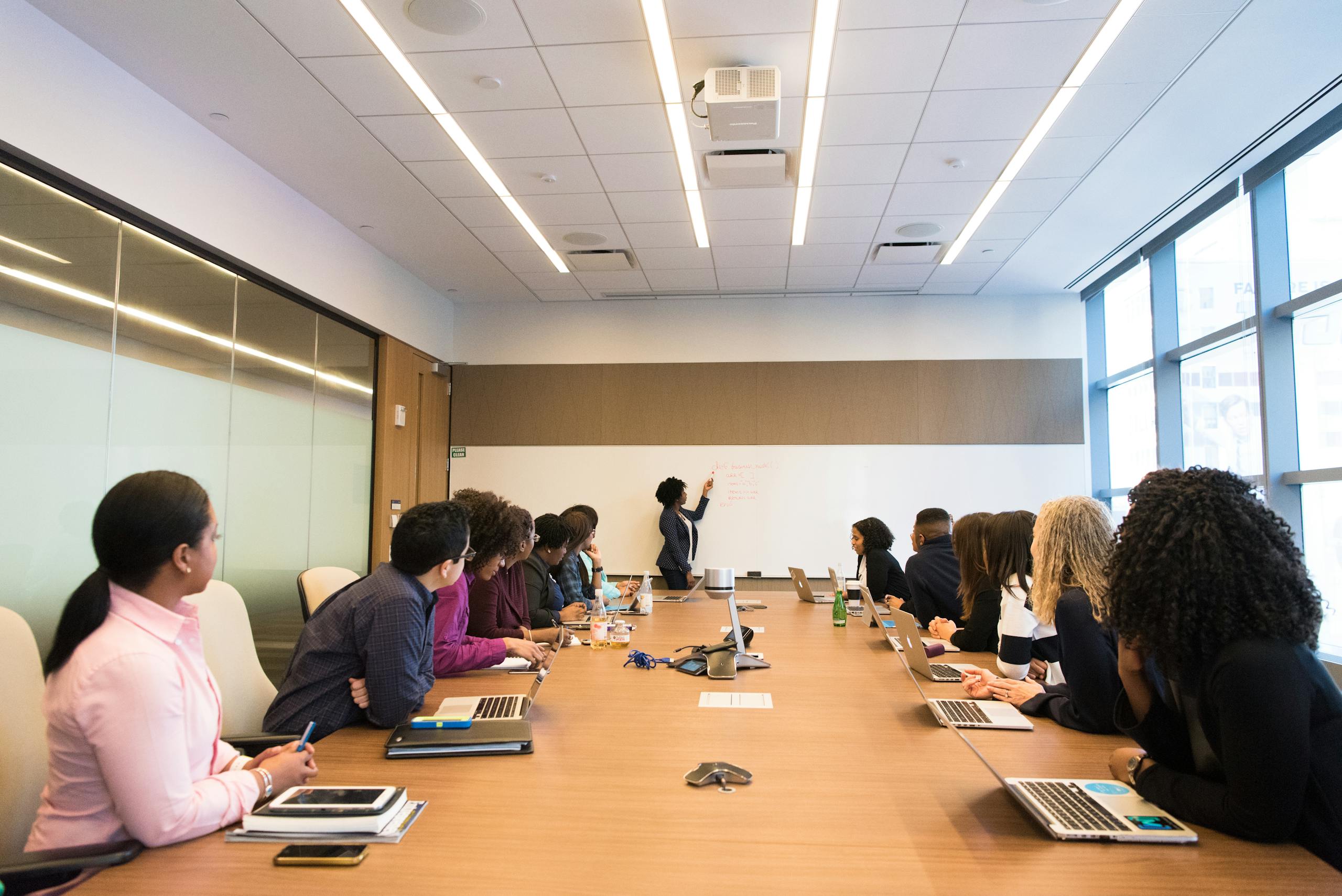
The only thing worse than training your employees and having them leave is not training them and having them stay. — Henry Ford, Founder, Ford Motor Company.
A few months ago, although it seems like a recurring conversation, I received a call from a tenured and accomplished leader who noticed symptoms of a bigger problem within their operations. After assessing their team dynamic and processes, they recognized a leadership vacuum at the top—an absence that hindered the team’s ability to move the needle.
The staff had become stagnant, sticking to “the way things have always been done,” with little communication between departments. The hiring manager admitted that the organization’s lack of internal development had created a skills gap within the senior management team. Compounding this issue, a major project was looming that would require additional support staff. Sound familiar?
There isn’t a one-size-fits-all solution, but ongoing education and training must be core components of your daily operations. Here are some effective strategies:
- Cross-Training: Enhance versatility and teamwork by ensuring employees understand multiple roles.
- Formal Mentorship: Pair experienced staff with junior employees to transfer knowledge and foster professional growth.
- Apprenticeships: Develop specific skills through hands-on learning programs.
- Team Development Workshops: Strengthen collaboration and innovation within your team.
- Ongoing Performance Management: Regularly review performance, provide 360-degree feedback, and create personalized development plans.
Get Off on the Right Foot: Effective Onboarding
A few years ago, I visited Teed and Brown in Norwalk, Connecticut, and was impressed by their employee development culture, particularly their cross-training program. A simple whiteboard with tasks and checklists demonstrated each team member’s progression—a simple yet effective method. The senior team also schedules monthly topics ranging from leadership, product training, equipment operation and other job specific topics.
Start strong with effective onboarding practices, focusing on specific tasks, equipment, technology, workspace do’s and don’ts, and company culture. Engage current employees by involving them in onboarding to ensure new hires acclimate quickly and effectively.
For more on developing a robust onboarding strategy, check out these resources:
- Design Employee Onboarding Process
- Onboarding: Why Involving Current Employees is a Must
- Teeing off right: Onboarding Strategies for golf course success
Encouraging Industry Engagement
You don’t need to be Google or Apple to create an impactful talent development program. Leveraging industry-specific resources can be just as effective in cultivating a knowledgeable, engaged, and motivated workforce.
Encourage your team to engage with industry meetings, webinars, and podcasts, which are rich with insights, best practices, and the latest trends. For example:
- Golf Course Superintendents Association of America (GCSAA)
- United States Golf Association (USGA)
Niche podcasts offer different perspectives on similar themes. Here are a few favorites:
- Leadership on the Links
- Earthworks Podcast
- Turf Today
- USGA Green Section
By tapping into these resources, you foster a culture of continuous learning and connect your employees with a broader professional community.
Establishing Mentorship Programs
Create formal mentorship programs where experienced staff mentor junior employees. This not only transfers knowledge and confidence but also fosters collaboration and professional growth.
The trickle-down effect of internal team development creates a virtuous cycle within your organization, where benefits at each level reinforce and amplify each other, leading to sustained growth and success.
Patrick Michener, Golf Course Superintendent at Bidermann Golf Club in Wilmington, Delaware, developed an apprenticeship program to complement the traditional management structure, aiming to improve recruitment and retention. Instead of constantly rotating and retraining new staff, Patrick focused on internal talent development, ensuring that new hires had a clear path for growth within the club.
Today, the team at Bidermann is progressing, whether working toward a degree or certification or advancing to the next position on the ladder. The result is a more consistent, skilled workforce.
Leveraging Industry Partnerships
Industry partnerships are crucial in workforce development. Collaborations with educational institutions, for example, can connect organizations with students and recent graduates trained specifically to meet industry needs.
NYSTA sponsors a greenskeeper and equipment technician apprenticeship program alongside SUNY-Delhi. Ryan Bain, Assistant Superintendent at Noyac Golf Club, was the first apprentice in the program. With the support of industry partners like NYSTA and SUNY-Delhi, he fast-tracked his growth into a managerial position.
What makes such programs enticing is that they provide aspiring leaders with the opportunity to understand the “how” and “why” behind their work. Ryan gained hands-on experience at a golf course, coupled with the education needed to put his work into perspective.
Work with key influencers and relationships such as suppliers to provide industry-specific education through conferences, workshops, and networking events. These platforms allow employees to connect with peers, develop support networks, share knowledge, and learn about the latest industry trends.
Numerous industry partners support continued education events, covering topics from career development and team building to product-specific training. This access to new ideas, technologies, and best practices enhances your team’s competitiveness in the marketplace.
Remember, the continuous development of your team is not just about addressing current gaps but about preparing your organization for future challenges. By embedding training and development into the fabric of your daily operations, you create a culture of growth that benefits every level of your organization.
If you’re in need of further insight and best practices, set up a FREE Talent Strategy Call with our team.
Are you ready to build a top-performing team that drives results? Our proven framework, methodologies, and implementation is based on our personal track record of developing world-class teams. In addition to talent acquisition, we provide leadership development and ongoing consultative services for the golf course and club industry. Our team has personally coached and mentored dozens of future golf course superintendents across the United States.

